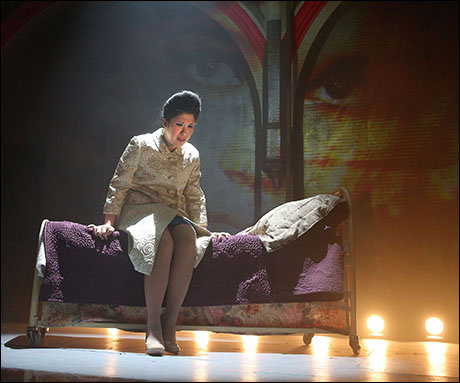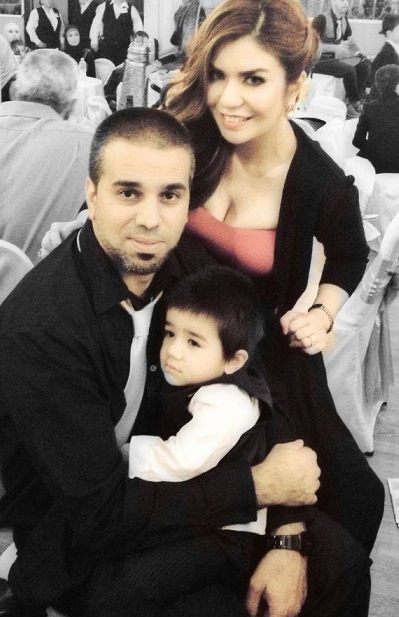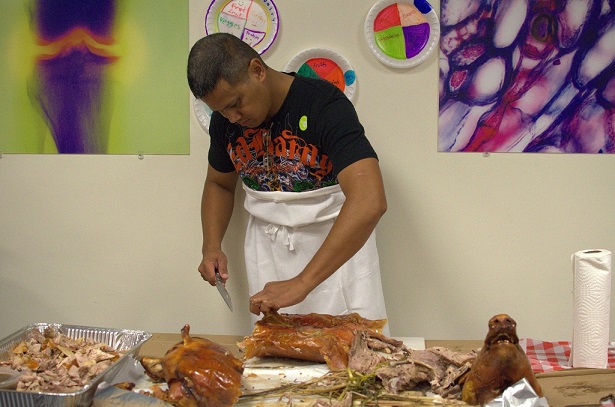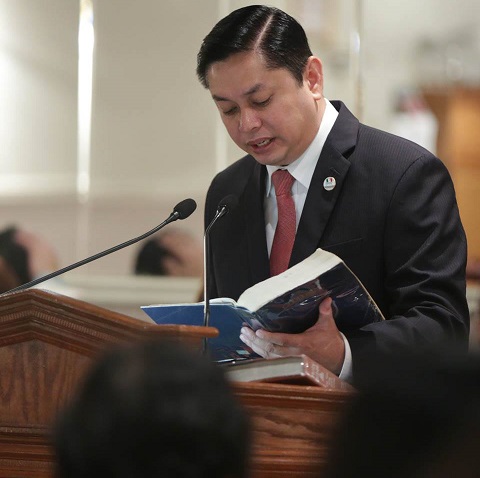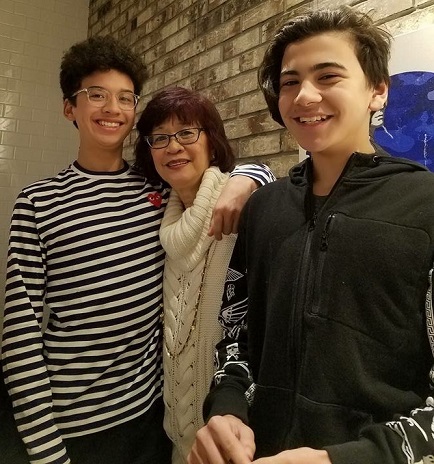Yale to offer Tagalog courses in the fall
By Yolanda Wang
The Council on Southeast Asian Studies at Yale is on a search for a lector in Filipino (Tagalog) who will begin to teach courses next fall.
The new course offering comes after months of formalized student advocacy from Tagalog @ Yale, an initiative within Yale’s Filipino club, Kasama. Since fall 2023, students in the initiative have been working with faculty in CSEAS and the Center for Language Study as well as members of the Yale College Council to make the course offerings a reality.
Previously, students were able to learn Filipino (Tagalog) through the Directed Independent Language Study, a program that matched students to a language partner, rather than a professor, and did not offer course credit.
“Tagalog is the fourth most-spoken language in the U.S.,” Janina Gbenoba ’27, a Kasama member active in the initiative, told the News. “So we feel very strongly about it having a place at Yale, both for members of Yale’s Filipino community and because we really do believe that even people outside of the Filipino culture would have an interest in studying it.”
According to Gbenoba and Marissa Halagao ’27, another advocate in Tagalog @ Yale, students were in contact with CSEAS Chair Erik Harms throughout the 2023–24 academic year to demonstrate high student interest in the Filipino (Tagalog) language. Harms filed a formal proposal for the language to be taught at Yale, which was approved by CLS and the Yale College Dean’s Office.
While the government of the Philippines designates Filipino, a standardized version of Tagalog, as its national language, Halagao said that the label “Filipino (Tagalog)” is meant to recognize a broader set of experiences with Filipino languages and culture.
“We called it Tagalog @ Yale because a lot of us grew up referring to the language as Tagalog,” Halagao said. “Filipino (Tagalog) gives the distinction that it’s not the only Filipino language.”
Outside of Filipino (Tagalog), there are over 180 other languages spoken in the Philippines, such as Ilokano, Cebuano and Ilonggo, according to Halagao.
Halagao later told the News that she hopes more languages from the Philippines can be “represented and celebrated,” pointing to her family’s history of speaking Ilokano in addition to Tagalog.
“Yale, like any institution, is an evidence-based place,” Harms told the News. “So the smart thing that Kasama students did was actually start to generate numbers and things like that to show there’s a strong interest among students.”
The Tagalog @ Yale petition garnered over 380 signatures from students and faculty last year.
While members of Kasama said that student activism and interest in Filipino (Tagalog) have been long standing, according to Samantha Fajardo ’27, this advocacy coalesced into a formal initiative last fall.
“Our formal advocacy began in fall 2023 with the petition, but informal discussions among Filipino students have been ongoing for years,” Fajardo wrote in an email to the News. “Prior efforts were mostly individual — students inquiring about Tagalog courses or expressing interest to language departments. The petition marked our shift to organized, strategic advocacy.”
According to Harms, there have consistently been around two to four students enrolled in the DILS program for Filipino (Tagalog) since 2010.
According to the job posting, the Filipino (Tagalog) lector will teach six courses each year and initially will be appointed for three years, with the possibility of renewal. The lector will also work with lectors in the Vietnamese and Indonesian languages to further develop Southeast Asian Studies programming at Yale, including study abroad opportunities.
Yolanda Wang covers Faculty and Academics as well as Endowment, Finances and Donations for Yale Daily News.




